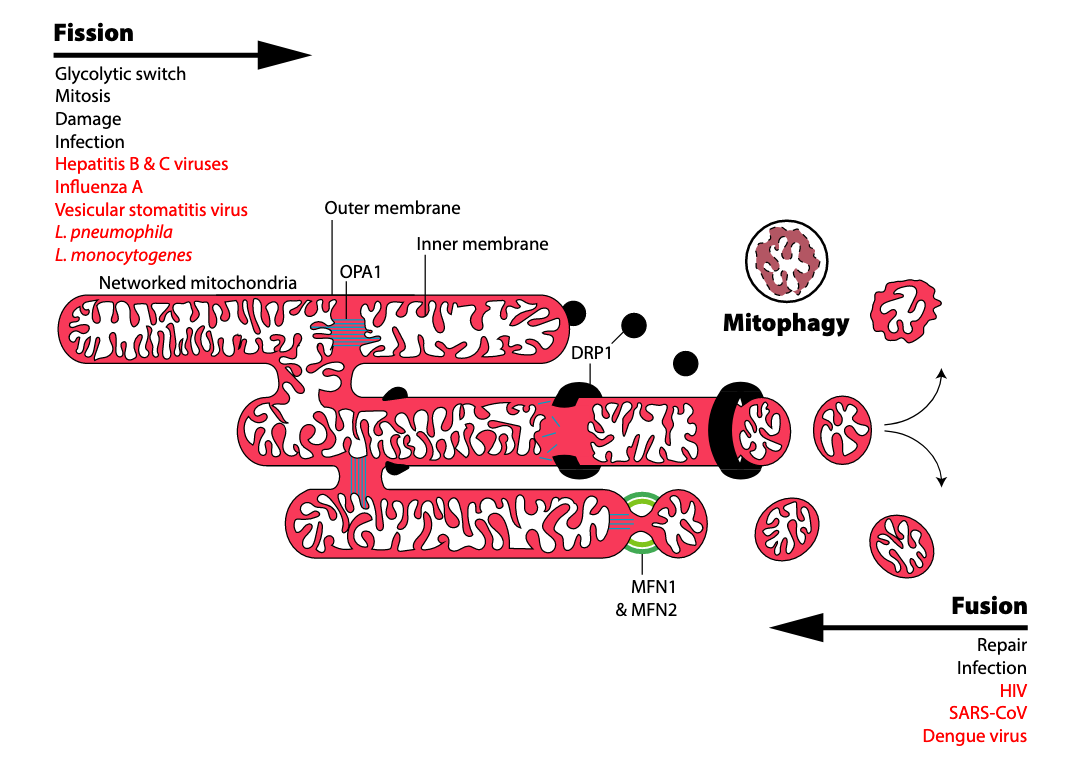The rOX-stars of inflammation: links between the inflammasome and mitochondrial meltdown.
Caroline Holley and Kate Schroder from the Inflammasome Lab published a review in Clinical and Translational Immunology this month highlighting the importance of a holistic approach to investigations of NLRP3 activation by dysfunctional mitochondria.
Holley CL, Schroder K. (2020).
The rOX-stars of inflammation: links between the inflammasome and mitochondrial meltdown. Clinical and Translational Immunology. 2020 Feb 10; 9(2): e01109. doi:10.1002/cti2.1109. Pubmed
Abstract
The nod-like receptor protein 3 (NLRP3) inflammasome drives inflammation in response to mitochondrial dysfunction. As metabolic powerhouses with prokaryotic ancestry, mitochondria are a cache for danger-associated molecular patterns and pathogen-associated molecular pattern-like molecules that elicit potent innate immune responses. Persistent mitochondrial damage caused by infection, or genetic or environmental factors, can lead to inappropriate or sustained inflammasome signalling. Here, we review the features of mitochondria that drive inflammatory signalling, with a particular focus on mitochondrial activation of the NLRP3 inflammasome. Given that mitochondrial network dynamics, metabolic activity and redox state are all intricately linked to each other and to NLRP3 inflammasome activity, we highlight the importance of a holistic approach to investigations of NLRP3 activation by dysfunctional mitochondria.
Copyright © 2017 - The University of Queensland

